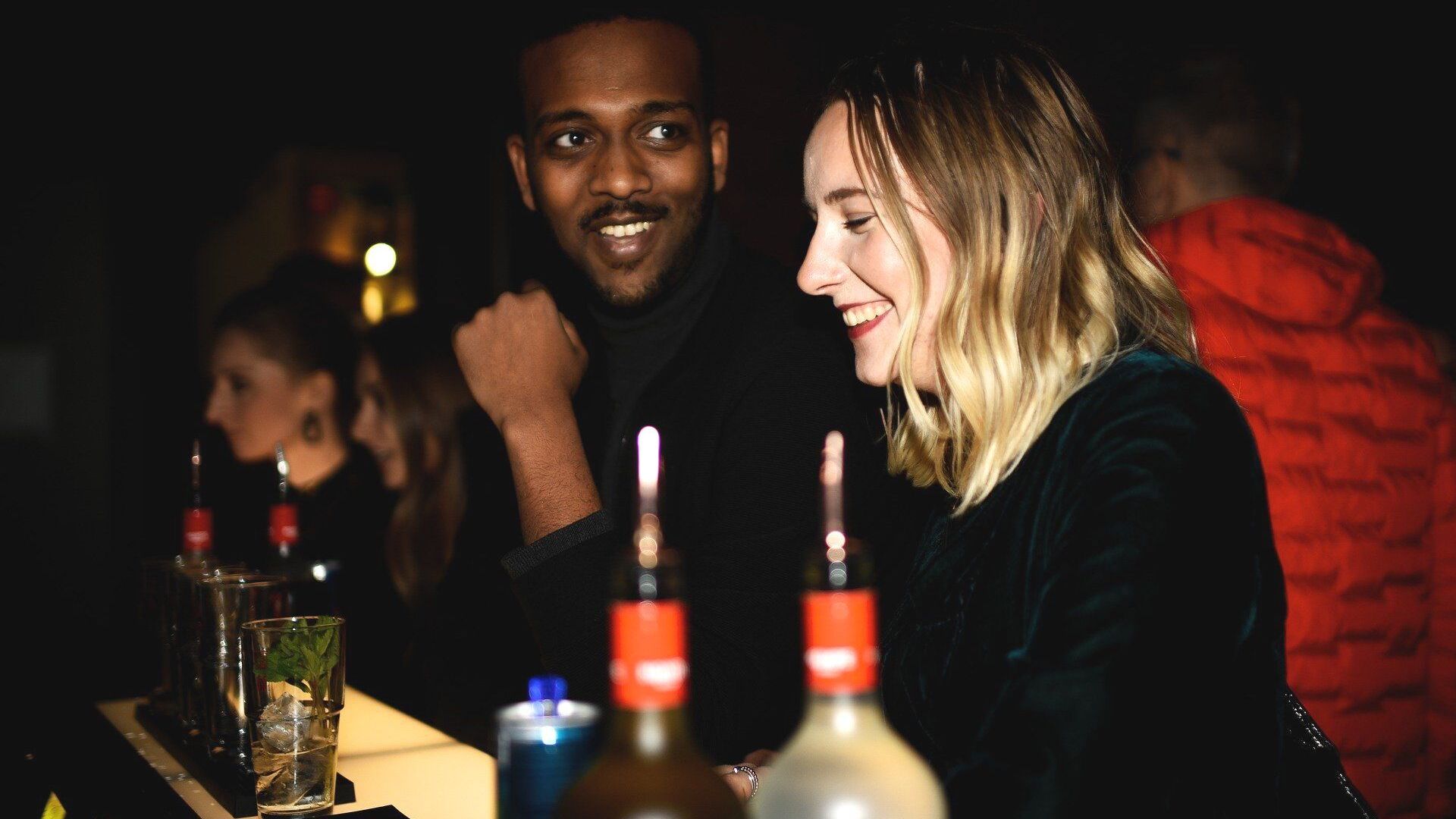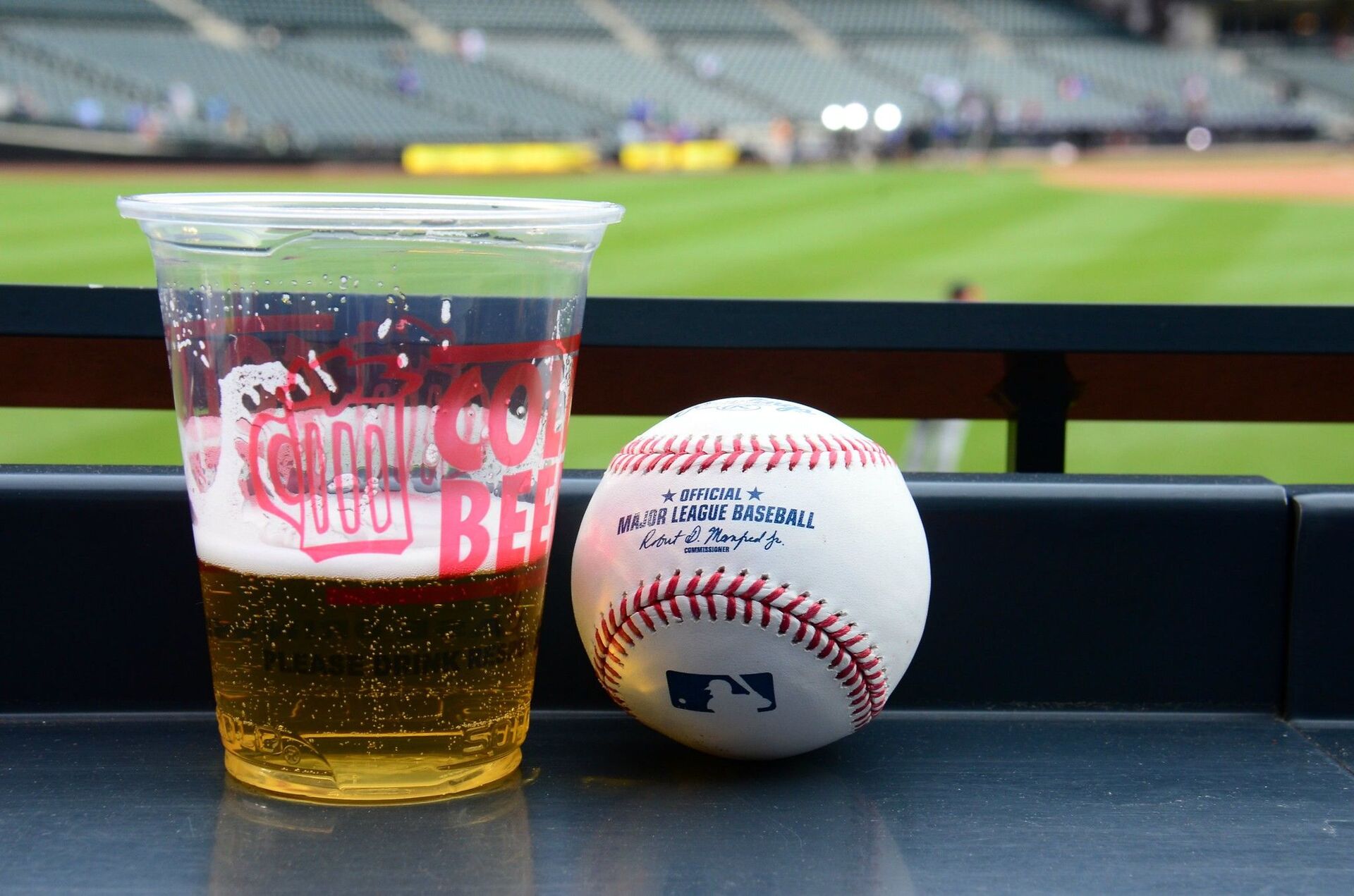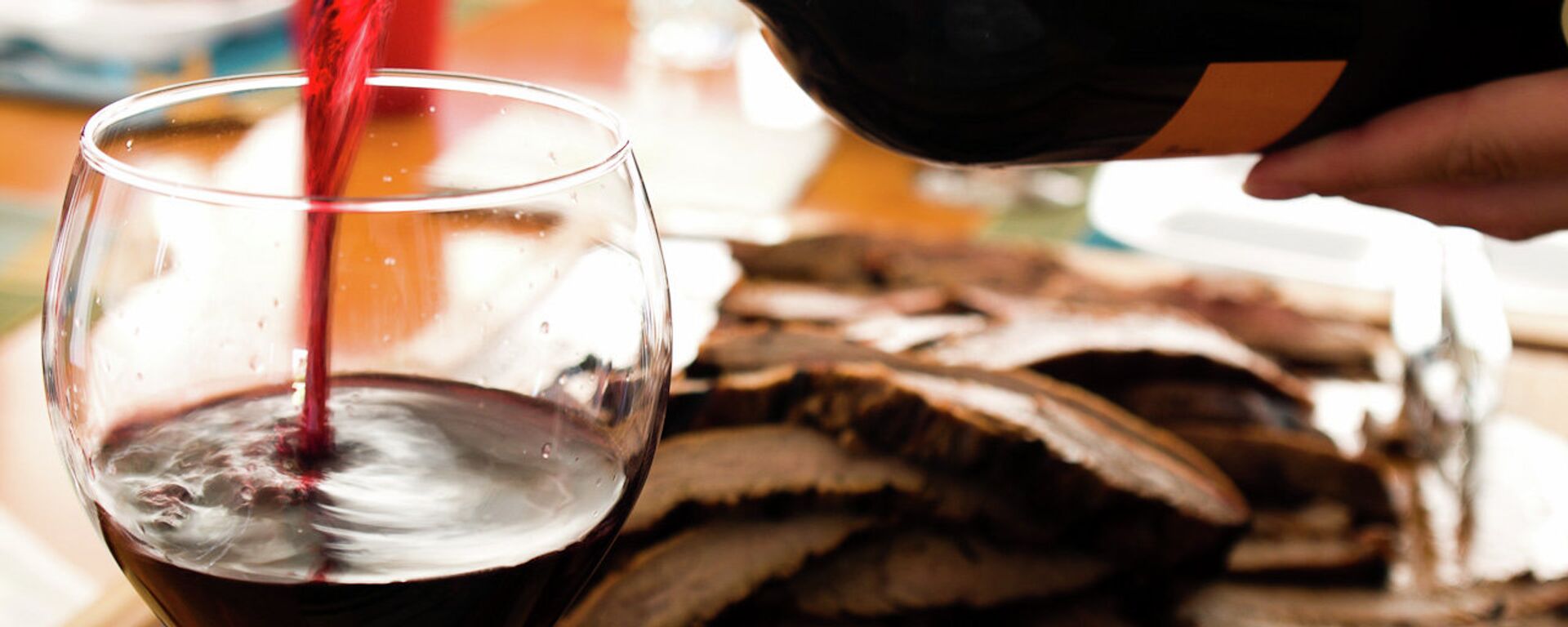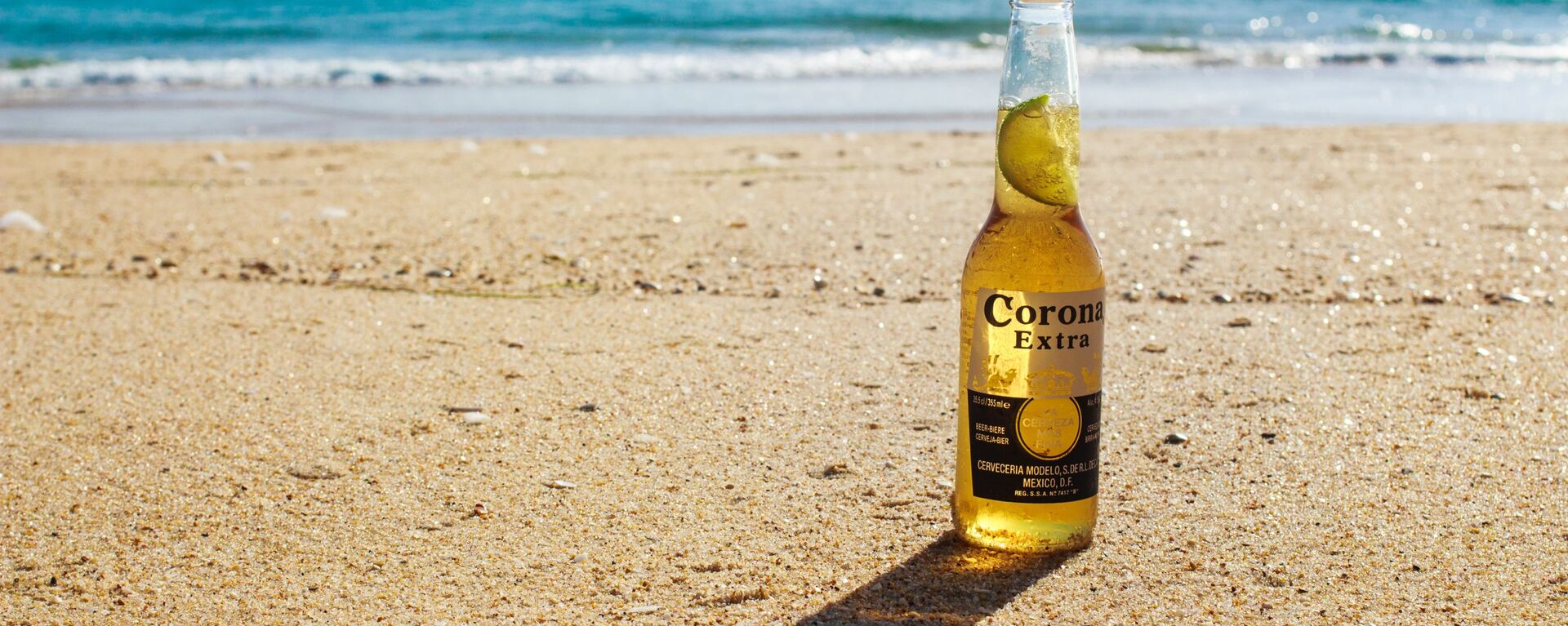From 'Grape or Grain But Never the Twain' to Red Wine's 'Health Halo': Science Versus Alcohol Myths
13:57 GMT 20.01.2022 (Updated: 19:50 GMT 17.10.2022)

© Photo : Pixabay
Subscribe
Seasoned imbibers of alcohol are often ready to tout sage bits of advice, along the lines of “liquor before beer, you’re in the clear”, and “beer before liquor, makes you sicker.” But is there actually any science behind these “pearls of wisdom”?
One can never really predict how one’s body (and one’s liver) will react to alcohol. But there swarms of popular beliefs that bar-hopping folks are ready to swear by.
‘Beer Before Liquor’
“Beer before liquor, never been sicker; liquor before beer, you’re in the clear”, or “Grape or grain but never the twain”– these phrases suggesting that you can avoid a hangover if you take drinks in the “right” order or avoiding mixing them has been debunked as false by science.
A study, published in the American Journal of Clinical Nutricion, broke up 90 people into three groups before the drinking, factoring in size, age and gender.
Carlsberg Pilsner lager with an alcohol content of 5 percent was served, as was a white wine with an alcohol content of 11.1 percent. One group drank two-and-a-half pints of beer followed by four glasses of white wine. The second group consumed the beverages in the opposite order. A third drank either only beer or only wine.
A week later the study groups switched. Hangover severity was judged in line with the Acute Hangover Scale (AHS) rating on the day following every session. The result showed that changing the order of the drinks or sticking to one made little to no difference. It’s all about the amount of alcohol the body needs to metabolize at once, not the form.
Straw Theory
Many believe that straw-sipping your way through Margaritas will allow the alcohol to hit you faster. Proponents of the "Straw theory" argue that people drink any form of liquid faster through a straw. Because they are ingesting more alcohol in a shorter period of time, they will arguably become drunk faster. Secondly, they claim a straw creates a vacuum, which eliminates oxygen, triggering a "feeling of intoxication."
However, thereis no evidence to support the idea that people get drunk faster if they drink alcoholic beverages through a straw, according to the National Institute on Alcohol Abuse and Alcoholism.
Is Tequila is a Stimulant?
There are numerous myths surrounding agave-based spirits , such as tequila and mescal.
Agave is a wild succulent that grows throughout much of Mexico and has been harvested since the time of the Aztecs, used in food, in medicine, and alcohol. When people claim tequila acts as a stimulant, they are mostly relying on common urban legend, claim experts.
In effect, the alcohol in beer, wine, and tequila all affect the brain in the same way, according to Dr. Nehal Vadhan, Senior Research Scientist at the Wellbridge Center for Addiction Science.
Tequila, most typically consumed by means of quick shots, as opposed to wine-sipping, is not a stimulant.
"This perception can be magnified by popular culture, and especially on social media, by the anecdotal experiences of a few individuals," Vadhan explained to Delish, adding that all forms of alcohol are classified as depressants, due to how they decrease central nervous system activity.
Red Wine’s ‘Health Halo
Red wine, albeit in moderation, has long been thought of as “heart healthy”, as certain substances in it, called antioxidants, may help prevent coronary artery disease. The latter condition can lead to heart attacks.
The so-called French Paradox has also fed into this belief.
The term, dating to the 1980s, references a scientific study that looked into France’s low incidence of coronary heart disease.
“Red wine has been shown to be beneficial in moderate amounts due to the resveratrol, which is an antioxidant that is protective of the heart,” says Maya Feller, M.S., R.D., CDN, founder of Maya Feller Nutrition in Brooklyn.
The Polyphenol most commonly linked to red wine is resveratrol. Resveratrol also has “anticarcinogenic properties and the potential to inhibit tumour formation and growth”.
However, as there is only a small amount of polyphenols in red wine, one might be advised to boost its intake by opting for cereal with berries or tucking into plums, rather than topping up the wine glass, according to research, reported in the American Journal of Clinical Nutrition.
Can Some Drinks Cause Worse Hangovers?
Alcohol is alcohol, and the barhopper’s myth that specific types or combinations of drinks affect the outcome – or in other words, the hangover— is not true. It’s all about the amount you drink, as the chemical compound of alcohol is the same. However, sometimes additives like sugar can change how the alcohol is being processed.
“When your drink contains a lot of sugar, one thing that can happen is that the sugar takes over the metabolism. The alcohol is directly going to the fat metabolism,” explained Dr. Indika Edirisinghe of the Illinois Institute of Technology.
‘Hair of the Dog’
And, finally, one of the most popular beliefs out there is that the best hangover cure is to keep drinking. It comes from the premise that sometimes the cause of an ailment can also be its cure.
What the ‘Hair of the Dog’ practice does is trick one’s brain into thinking you’re having a good time, but it fails to fix any of the physical side effects caused by alcohol, chiefly dehydration.
When you add on the booze, these ailments will just get worse and worse.
“In some sense, ‘hair of the dog’ delays the time until you experience a hangover – but it cannot prevent it entirely. It has also been claimed that drinking alcohol boosts endorphins, which can help mask uncomfortable hangover symptoms,” explains immunologist, Dr Jenna Macciochi, lecturer at University of Sussex, UK.





